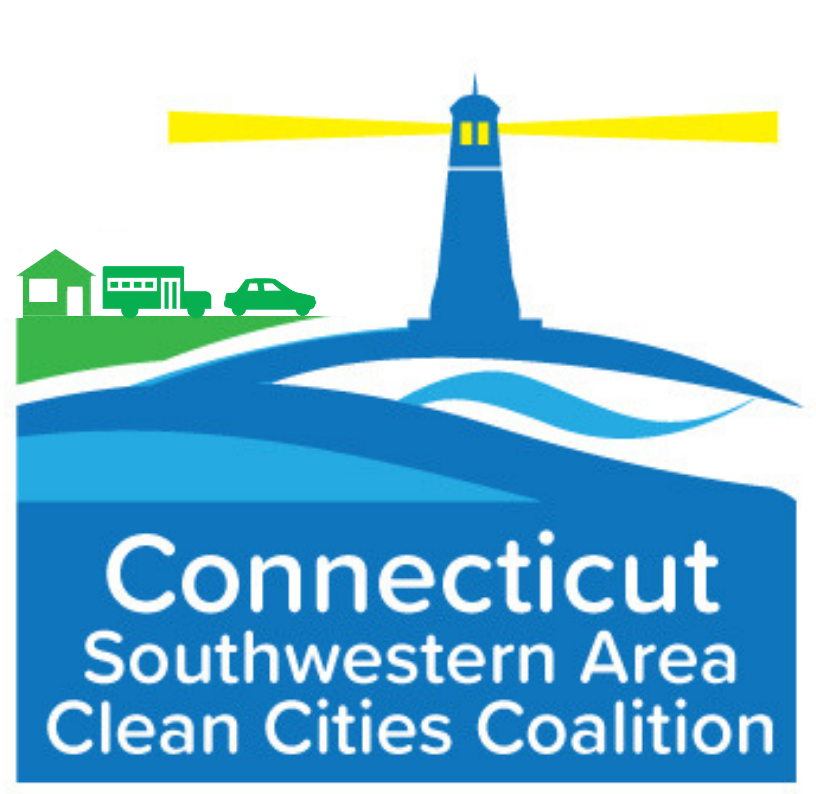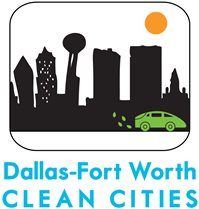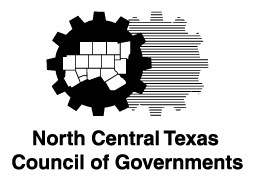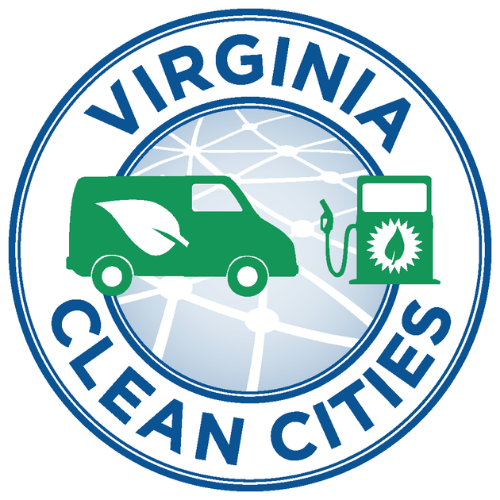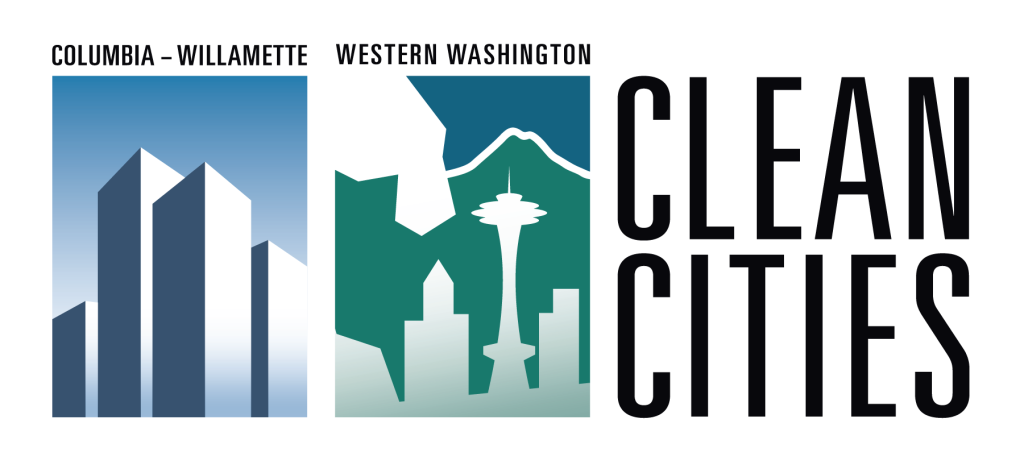Working with partners across the country, the Charging Smart program is helping local governments become leaders in EV deployment.
Municipalities play an important role in establishing policies, procedures, and programs that impact the deployment of electric vehicle charging equipment in their communities. By expediting the installation of EV charging stations, local governments help make EV charging more accessible for residents and businesses.
With free expert technical assistance, Charging Smart supports communities in adopting procedures and policies that make a difference, thereby advancing the equitable growth of EVs across the country.
Where We Work
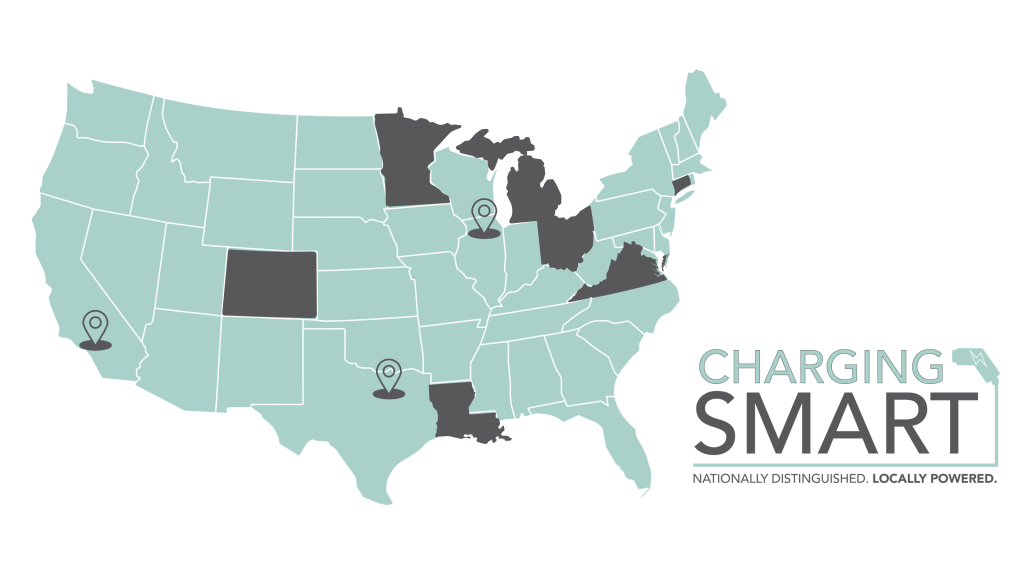
Charging Smart is currently working with local governments in the states of Colorado, Minnesota, Michigan, Ohio, and Virginia, and the regions of North Texas, Southern California, and northern Illinois. This pilot program is planned to expand nationally.
Are you a local government in one of these areas?
Are you interested in the program, but not located in one of our current pilot areas?
Register below to be alerted when the program opens in all states. In the meantime, you’ll benefit from additional EV-related resources such as program webinars and information on EV best practices.
Who We Are
Charging Smart is led by the Interstate Renewable Energy Council (IREC), with Great Plains Institute (GPI) serving as lead partner on the project. Other partners include RMI, the Metropolitan Mayors Caucus (MMC), Dallas-Fort Worth Clean Cities (DFWCC), Drive Clean Colorado, Long Beach Clean Cities, North Central Texas Council of Governments, and Virginia Clean Cities.
Explore Charging Smart
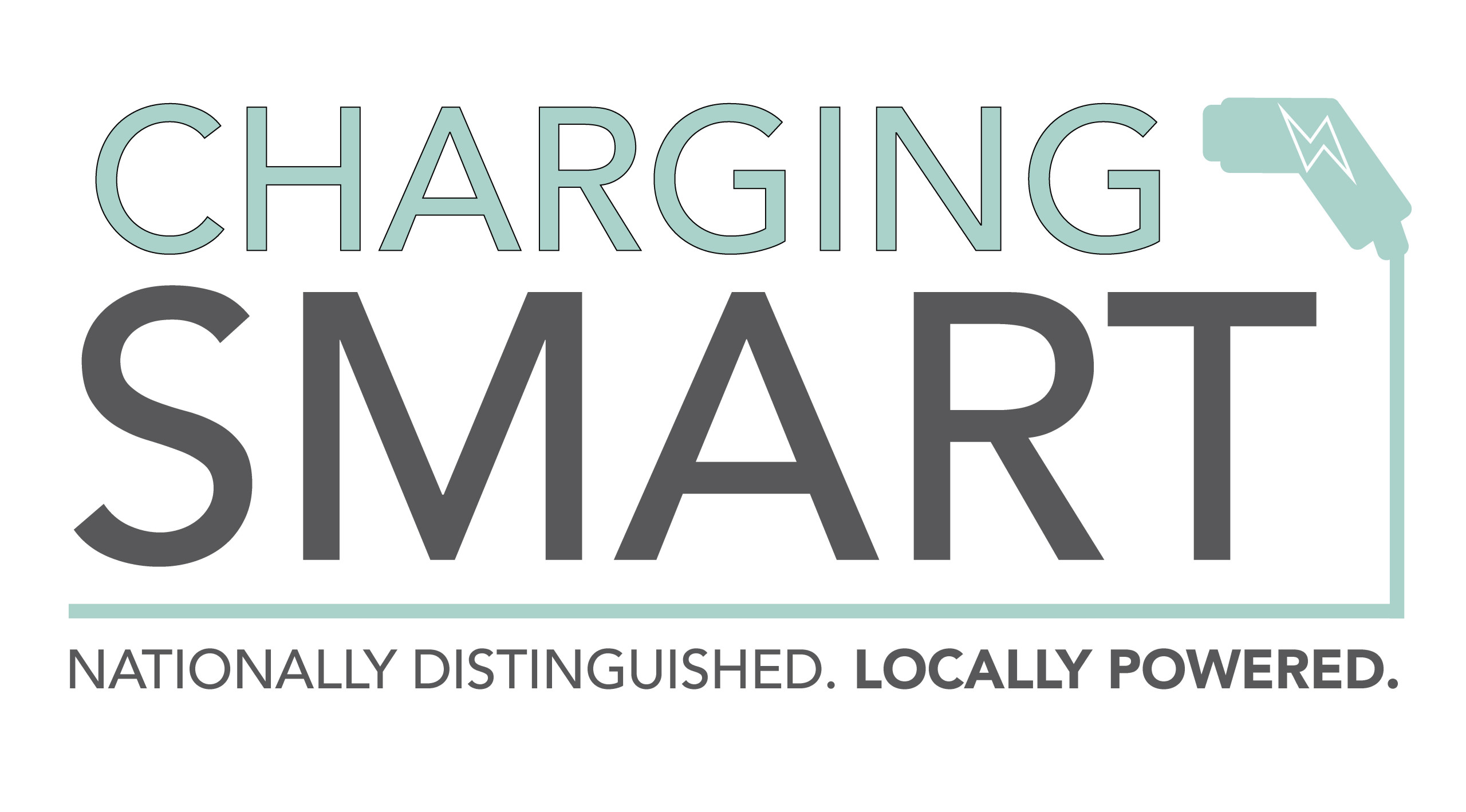
Action at the local level is fundamental to EV expansion and accessibility, and by increasing access to charging stations and other components of EVSE, local governments can play a unique and powerful role in deploying EVs. Furthermore, in supporting the deployment of EVs in the community, municipalities can secure cleaner air, support economic growth, and bring the mobility of the future to their residents’ doorsteps.
Charging Smart also helps lower the cost of deploying EV charging infrastructure. “Soft costs,” or non-hardware costs such as those associated with permitting, inspection, and interconnection, can drive up the overall cost of EV charging infrastructure. By helping local governments streamline their policies to avoid unnecessary burdens, Charging Smart aims to help reduce EV charger soft costs.
Everyone is very willing to help you out and to help you navigate the program.
Annie Pottoroff, St. Louis Park, Minnesota (Charging Smart cohort participant)
How the Program Works
Funded by the U.S. Department of Energy (DOE), Charging Smart offers free technical assistance to help local governments adopt policies, practices, and incentives that exemplify recognized best practices for enabling efficient and equitable EV charger expansion.
The steps communities can take to achieve designation (also referred to as “criteria”) include tasks such as reviewing zoning requirements for EV charging equipment; coordinating with utilities to launch or expand EV charging rate structures or identify other collaboration opportunities; and installing public EV charging equipment. Local governments that achieve certain sets of criteria can earn Bronze, Silver, or Gold designations, providing national recognition of their status as an EV-friendly community.
Each individual criterion is worth a certain number of points. To earn a given level of Charging Smart designation, participants must complete specific required criteria and then may choose from among other optional criteria to reach the required point value. This combination standardizes core best practices, while also giving communities the flexibility to adopt measures that work best for them.
The criteria are organized across the following six categories:
- Planning
- The planning category encompasses actions local governments can take to establish a policy environment and community-wide vision supportive of electric vehicle adoption.
- Regulation
- Regulatory criteria entail updating planning and zoning documents, and building codes and streamlining related application and approval processes legal frameworks that shape the built environment to enable seamless integration of electric vehicle charging infrastructure.
- Utility Engagement
- The utility engagement category focuses on building collaborative relationships between local governments and electric utilities to unlock programs, rates, and investments that accelerate EV adoption.
- Education and Incentives
- This category encompasses public education, outreach programs, and financial incentives that communities can provide to stimulate consumer awareness, understanding, and excitement for electric vehicles and charging equipment.
- Government Operations
- The government operations category focuses inwardly on actions local governments can take within their municipally-controlled assets and resources to lead by example in embracing transportation electrification.
- Shared Mobility
- This category encompasses accelerating electrification across modes of transportation serving the public, such as public transit fleets, school buses, rideshare services, car-sharing programs, shuttles, and paratransit.
Additionally, to encourage municipalities to take additional steps to promote electric vehicle adoption in an inclusive and accessible way, there is an additional opportunity for points within each category called EVs for All that focuses on serving disadvantaged populations. EVs for All points are available for all criteria in the six categories when efforts specifically address the target populations.
Fostering an Equitable EV Transition
The Charging Smart Team is committed to transforming the transportation system in ways that positively benefit people, the environment, and the economy. That includes an emphasis on making sure that all Americans benefit from the transition to electric vehicles and have equal access to charging infrastructure.
Equity is embedded throughout the Charging Smart program. To earn designation, communities must complete criteria within the EVs for All category, achieving specific metrics that grant historically underserved residents greater access to the benefits of EVs and EVSE.
Charging Smart is part of the Justice40 initiative, meaning that the program has a federal mandate to ensure that historically disadvantaged communities receive the benefits of this investment.
Frequently Asked Questions (FAQs)
- Can I join the Charging Smart program?
- Charging Smart is currently operating a pilot phase in the states of Colorado, Minnesota, Michigan, Ohio, and Virginia, and the regions of North Texas, Southern California, and northern Illinois. The program is only available to local governments in those geographic areas.
- If I can’t join Charging Smart now, will I be able to in the future?
- Yes! Charging Smart is expected to expand nationally in the future. Sign up for email updates and be the first to know when the program expands.
- Are there similar programs for other sustainable technologies?
- Charging Smart is modeled after the SolSmart program, which offers support for local governments in adopting solar-friendly policies in accordance with their economic development and sustainability goals. Visit SolSmart.org to learn more.
- How do EVs benefit my community?
- Supporting electric vehicle adoption in your community through increased access to EV charging infrastructure brings with it numerous benefits, including improved air quality, lower emissions, and reduced noise pollution, all of which improve human health and well being. It can also support transportation affordability, because electric vehicles are generally cheaper to operate than gas-powered vehicles, and the costs of EVs are expected to drop below those of internal combustion engines in the coming years.
- Can regional organizations participate in Charging Smart?
- Yes, regional organizations are eligible for designation in the Charging Smart program. If you are located in one of our pilot states, click the button below to get in touch with our team and set up a consultation
This material is based upon work supported by the U.S. Department of Energy’s Office of Energy Efficiency and Renewable Energy (EERE) Award Number DE-EE0010634. This report was prepared as an account of work sponsored by an agency of the United States Government. Neither the United States Government nor any agency thereof, nor any of their employees, makes any warranty, express or implied, or assumes any legal liability or responsibility for the accuracy, completeness, or usefulness of any information, apparatus, product, or process disclosed, or represents that its use would not infringe privately owned rights. Reference herein to any specific commercial product, process, or service by trade name, trademark, manufacturer, or otherwise does not necessarily constitute or imply its endorsement, recommendation, or favoring by the United States Government or any agency thereof. The views and opinions of authors expressed herein do not necessarily state or reflect those of the United States Government or any agency thereof.


